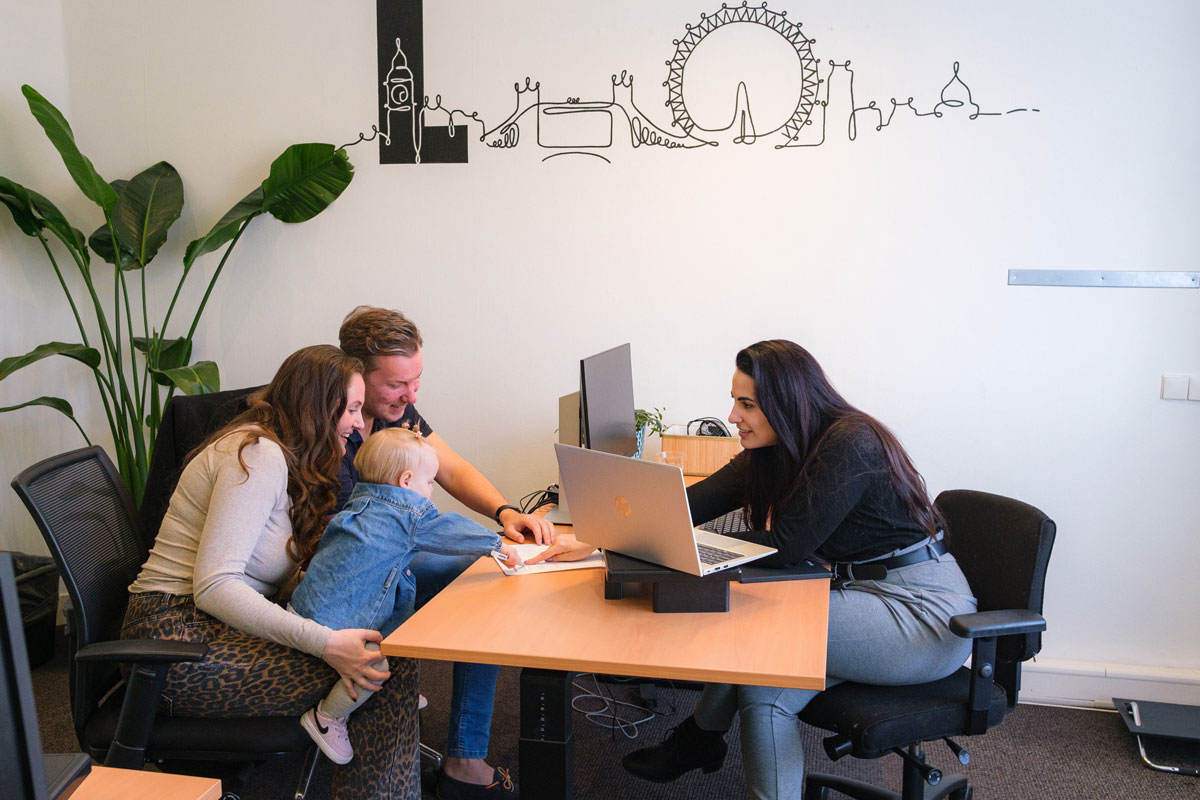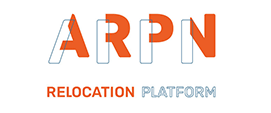
My expat employee wants to bring a family, what do we have to arrange?
Index
- Can expat employees bring their children to the Netherlands?
- What are the schooling options for expat children?
- Do children need to speak Dutch to attend school?
- Can a non-EU partner work in the Netherlands?
- What healthcare arrangements are needed for family members?
- What administrative steps are required for family members?
- Is childcare available for young children (0–4 years)?
- What should we consider when choosing housing for a family?
- Are there financial benefits for families?
- How can the spouse or partner integrate into Dutch society?
- When should we start planning the relocation?
- How can Anywr Netherlands help?
EU staff can always take their EU children with them, without an immigration procedure.
EU employees with a non-EU partner and/or non-EU children must go through an immigration procedure; https://www.anywr-group.nl/assistentie/immigratie-services/voor-non-eu-partner-en-familie/.
Expats from outside the EU can also bring their children, each family member must apply for a residence permit.
– Ages 4–12: Dutch primary schools or international schools.
– Ages 12–18: Dutch secondary schools (VMBO, HAVO, VWO) or international curricula (IB, British, American, French, German, Japanese).
– International schools are available in major cities and may have waiting lists. There are state/public international schools and private international schools. Tuition fees vary a lot between state and private schools and also between the private schools.
Not necessarily. Many Dutch schools offer language support (NT2), and international schools teach in English or other languages. Younger children typically adapt quickly. If your child attends a local Dutch school a switch class to learn Dutch might be needed, depending on age. The period depends on how fast the language learning goes.
Yes, as long as the residence permit is valid, the partner can work in the Netherlands, without further restrictions.
All family members in the Netherlands must have a health insurance. Children until 18 years are covered under one of the parent’s Dutch health insurance but must be registered there. There will be no extra costs for this.
– If non EU nationalities: apply for residence permits for spouse and children.
– Register at IND upon arrival.
– Register at the municipality (gemeente) to receive a BSN number.
– Apply for health insurance.
– Set up DigiD for accessing government services.
Yes. Options include:
– Daycare (kinderdagverblijf)
– Childminders (gastouders)
– Preschool (peuterspeelzaal)
Subsidies may be available depending on income and work status.
– Proximity to schools and childcare
– Safe, family-friendly neighbourhoods
– Access to public transport and green spaces
Yes. Expat families may be eligible for:
– Child benefit (kinderbijslag)
– Childcare allowance (kinderopvangtoeslag)
Eligibility depends on residency status and income.
Expatcenters often offer:
– Language courses
– Integration programs
– Support for job-seeking or volunteering
Ideally 3–6 months in advance, especially if international school placement is needed. Early planning helps avoid delays in housing, schooling, and permits.
Anywr Netherlands offers full guidance, for family immigration and relocation. Together with you and (especially) your employee, we ensure that the relocation is as easy as possible. Together we move towards new beginnings!






